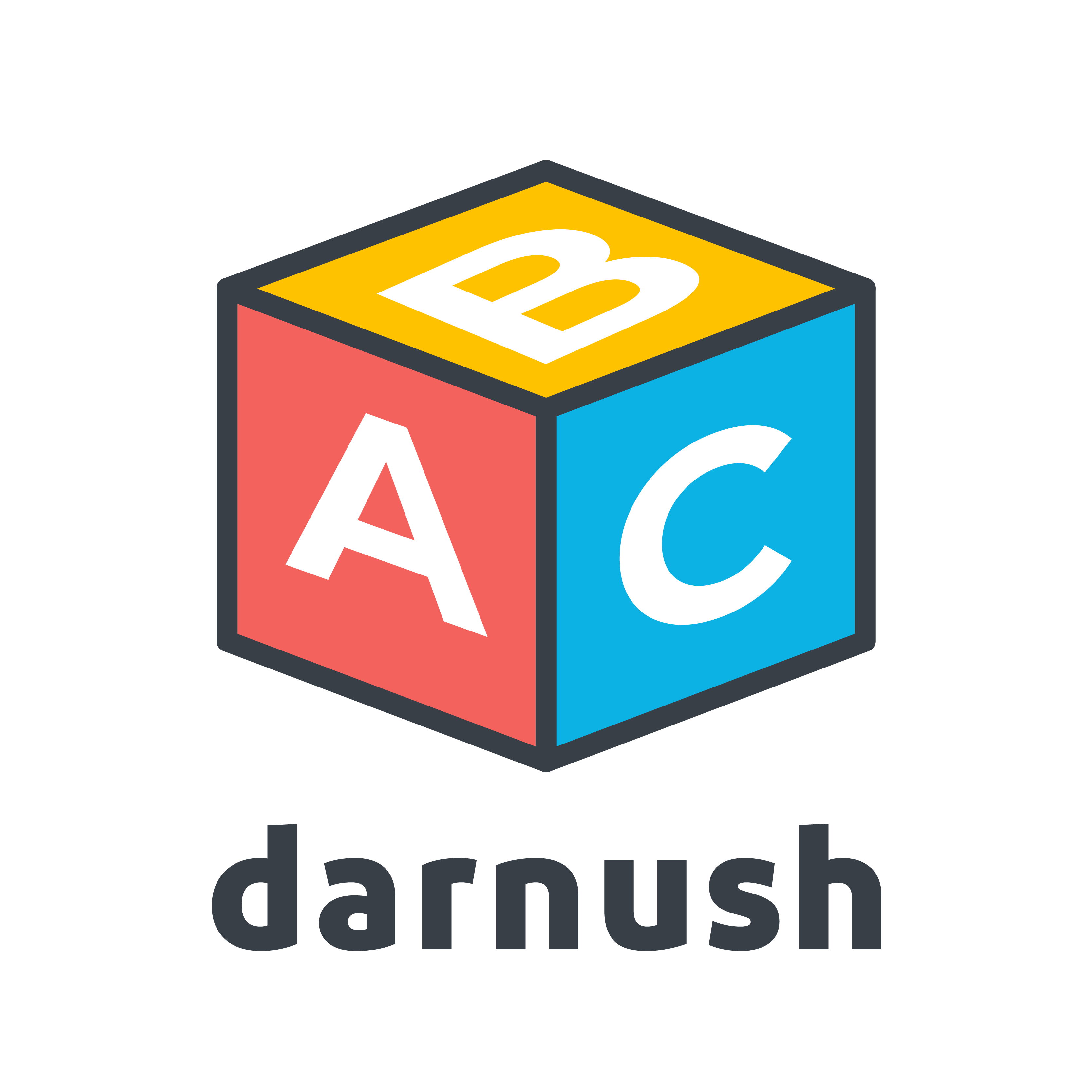Introduction
Preschool, as the first step in a child's educational journey, plays a crucial role in their social, emotional, and cognitive growth. A safe and supportive preschool environment provides children with the opportunity to learn essential life skills while interacting with peers.
Benefits of Preschool
1. Social Development: In preschool, children experience interaction with peers. These interactions help them learn social skills such as cooperation, sharing, and empathy.
2. Cognitive Development: Preschool programs, based on play, introduce basic concepts like colors, numbers, and letters, while also enhancing creative and logical thinking.
3. Emotional Development: In the preschool environment, children learn to manage their emotions and gradually gain emotional independence.
Choosing the Right Preschool
1. Safe and Hygienic Environment: One of the most important criteria for choosing a preschool is safety and hygiene. A preschool that meets safety standards and maintains a high level of cleanliness ensures parents' peace of mind.
2. Age-Appropriate Educational Programs: The educational programs should be tailored to the children’s age and developmental needs. Interactive games, creative teaching, and practical learning opportunities are highly effective.
3. Experienced and Trained Staff: Preschool teachers and caregivers should have the necessary knowledge and skills in child psychology and early childhood education.
The Role of Parents in Children's Success at Preschool
Parents can play a significant role in their children's success by maintaining close communication with teachers, tracking their progress, and providing emotional support.
Conclusion
Preschool is a vital space for children's growth and development. Choosing the right preschool that focuses on all aspects of a child's development can positively impact their future academic and social success.
